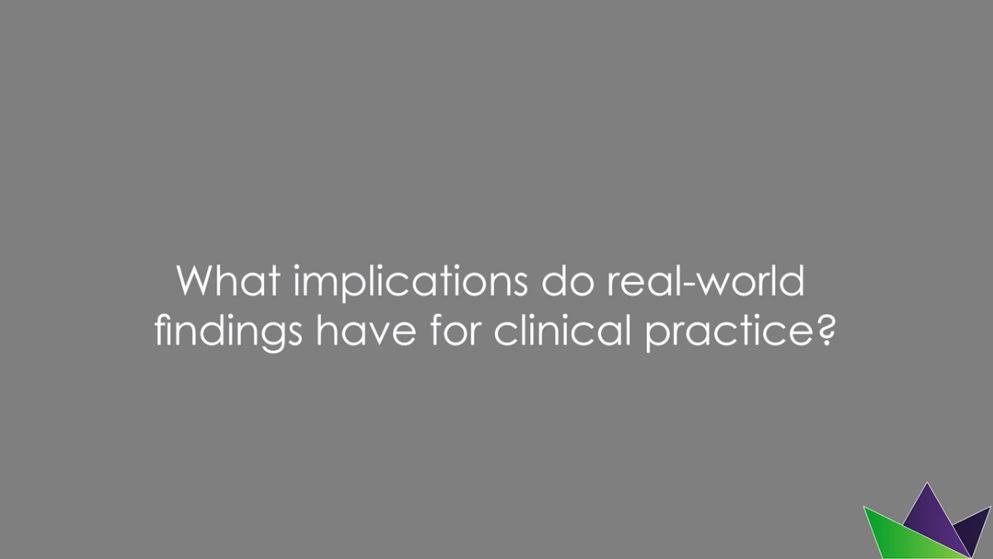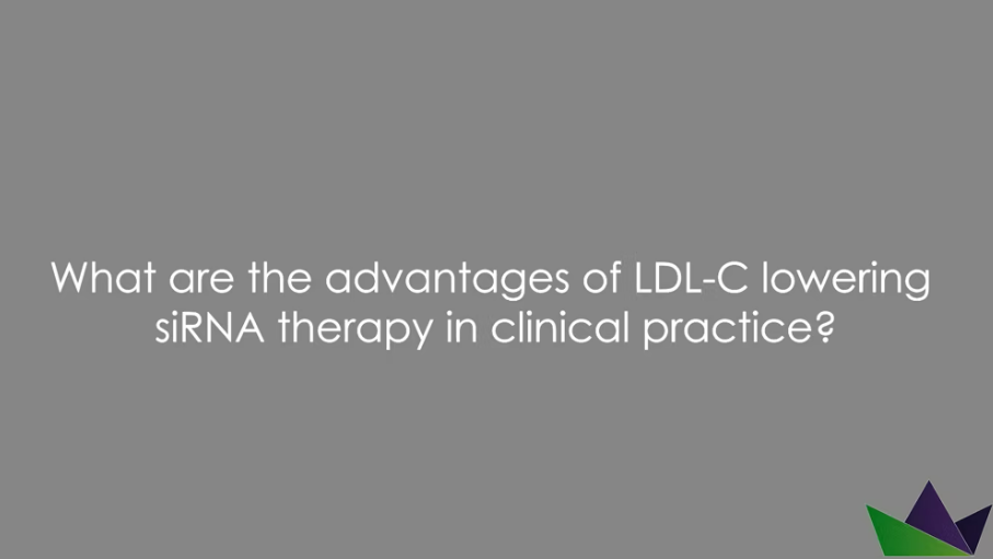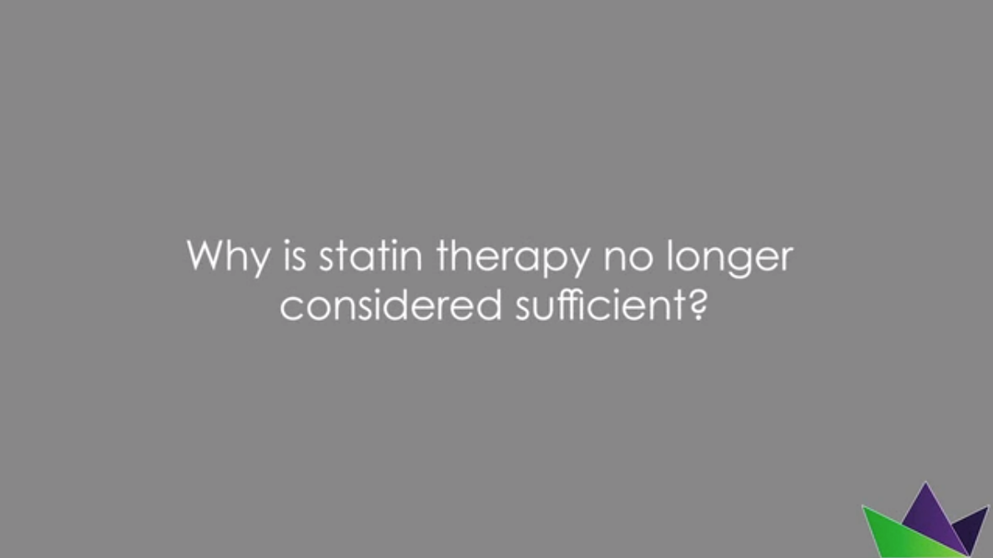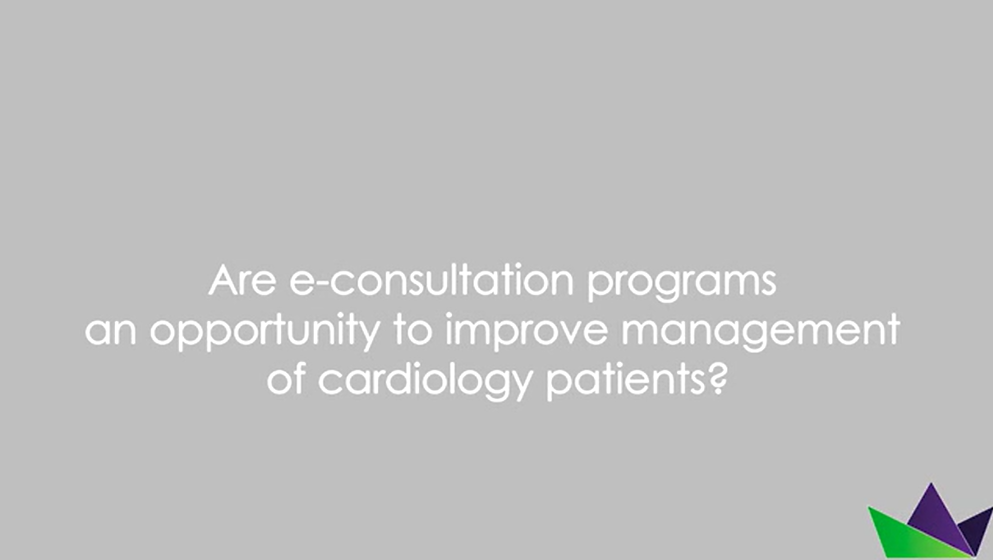
Expert opinion
In this section
Achieving optimal lipid lowering
Professor Stephen Nicholls (Monash University, Melbourne, Victoria, Australia) and Professor Kausik Ray (Imperial College London, UK) discuss the impact of potent low-density lipid (LDL) lowering on atherosclerotic plaques, and why statin therapy is no longer considered sufficient. They also explore strategies to help achieve optimal lipid-lowering targets in practice and emphasise the importance of shared decision-making.
Long-term lipid control
Professor Kausik Ray and Professor José Ramón González Juanatey discuss strategies help manage atherosclerotic cardiovascular disease (ASCVD) risk and low-density lipoprotein cholesterol (LDL-C) in the long-term. They outline the importance of effective communication with patients, patient adherence to treatment, and strategies for follow-up including e-consultations.
The following experts featured in the video clips throughout this Learning Zone. Click on the videos below to hear about their experience, background and current research in ASCVD, atherosclerosis and lipid management.
This content has been developed independently by Medthority who previously received educational funding in order to help provide its healthcare professional members with access to the highest quality medical and scientific information, education and associated relevant content.





